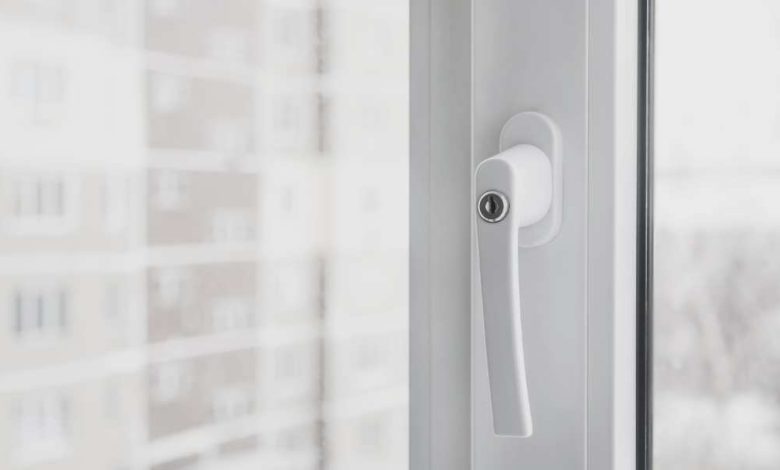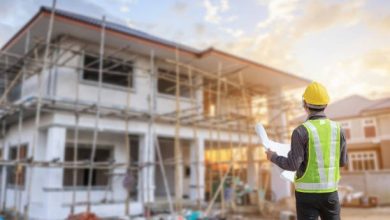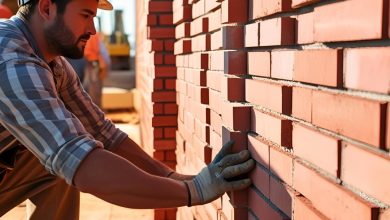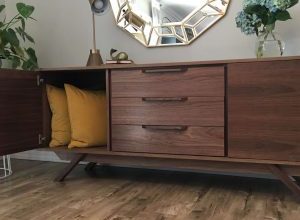The Pros and Cons of Different Window Frame Materials
The Pros and Cons of Different Window Frame Materials

When you’re picking window replacement, you’ve got a variety of options, each with its own set of advantages and drawbacks. For instance, wood frames might charm you with their aesthetic appeal, but they demand more upkeep. On the flip side, vinyl frames offer durability and low maintenance, yet can warp under extreme conditions. Then there’s aluminum, which is tough but needs careful handling for thermal efficiency. You might also consider fiberglass, known for its strength and minimal upkeep. So, which material truly stands out in terms of performance and longevity?
Wood Window Frames
Wood window frames offer a blend of aesthetic appeal and structural integrity, making them a popular choice among homeowners and builders alike.
When considering energy efficiency, wood frames typically provide better insulation than metal options, helping to reduce heating and cooling costs.
However, you must be aware of the maintenance requirements; wood frames need regular painting or staining to protect against moisture and rot. Neglecting this can lead to structural damage, compromising their energy-saving benefits.
While they can enhance the overall value of your property, you’ll need to invest time and resources into their upkeep.
Balancing these factors will help you decide if wood window frames align with your long-term home improvement goals.
Vinyl Window Frames
Vinyl window frames present a modern alternative that combines durability with low maintenance. They offer significant advantages, especially in energy efficiency, which can lead to lower utility bills.
Here are three key benefits to consider:
- Low Maintenance Requirements: Vinyl frames resist fading, peeling, and rotting, requiring only occasional cleaning.
- Energy Efficiency: Their insulating properties help to maintain indoor temperatures, reducing reliance on heating and cooling systems.
- Affordability: Generally, vinyl frames are more cost-effective compared to wood or aluminum options, both in initial investment and long-term savings.
Aluminum Window Frames
Aluminum window frames are a popular choice for both residential and commercial applications due to their strength and versatility. They offer excellent durability and can withstand harsh weather conditions, making them a reliable option.
However, when it comes to energy efficiency, aluminum frames typically require thermal breaks to minimize heat transfer, which can be a consideration in energy-conscious designs.
On the maintenance front, aluminum frames are relatively low-maintenance, as they resist fading and corrosion when properly coated. Yet, it’s important to periodically check for any signs of wear or damage.
Fiberglass Window Frames
When considering window frame materials, fiberglass frames stand out for their exceptional thermal performance and structural integrity. They offer remarkable energy efficiency, significantly reducing heating and cooling costs over time.
Additionally, fiberglass frames require minimal maintenance, making them an attractive option for homeowners.
Here are three key advantages of fiberglass window frames:
- Energy Efficiency: Their insulating properties help maintain consistent indoor temperatures, decreasing energy consumption.
- Low Maintenance Requirements: Unlike wood, they don’t warp or rot, and only need occasional cleaning.
- Durability: Fiberglass is resistant to extreme weather conditions, ensuring longevity and reduced replacement costs.
Comparing Material Durability
Durability is a critical factor to consider when comparing window frame materials, as it directly impacts maintenance costs and the overall lifespan of your windows. Different materials exhibit varying levels of weather resistance, which influences their ability to withstand environmental stressors over time.
For instance, vinyl frames tend to resist moisture and UV damage but may warp in extreme temperatures. Conversely, aluminum frames are strong but require regular maintenance to prevent corrosion. Wood frames offer aesthetic appeal but demand consistent upkeep to combat rot and insect damage.
When evaluating durability, assess not just the material itself but also the maintenance requirements involved. Selecting a durable window frame material can ultimately reduce long-term costs and enhance your home’s energy efficiency.
Why You Should Choose Pure Energy Window Company
When it comes to window replacement, Pure Energy Window Company stands out as the premier choice for homeowners. Our commitment to quality craftsmanship ensures that every installation meets the highest standards, providing durability and aesthetic appeal. We offer a wide range of energy-efficient window options designed to enhance your home’s comfort and reduce energy costs. With our expert team, you’ll receive personalized service, from your initial consultation to the final installation. Trust Pure Energy Window Company for your window replacement needs and experience unmatched quality and performance.
Conclusion
Choosing the right window frame material is like selecting the foundation of your home; it influences both aesthetics and performance. Each option—wood, vinyl, aluminum, and fiberglass—offers unique strengths and weaknesses, reflecting your priorities in beauty, durability, and maintenance. By weighing these factors, you’ll not only enhance your home’s energy efficiency but also its overall character. Ultimately, the right choice will stand the test of time, framing your view for years to come with resilience and style.
Media Contact :
Pure Energy Window Company
42850 Schoenherr Rd Suite 7, Sterling Heights, MI 48313, United States
(586) 501-8222








